Mother’s Day didn’t arise as a Hallmark card sentiment but has an earlier expression in an impassioned plea from Julia Ward Howe to unite women around the world in the struggle for peace. Having inspired the brutal and bloody war to free the United States from slavery, she turned to bind up the wounds of this tragic and inevitable conflict and build foundations of international peace to prevent future wars.
Here’s the Proclamation she issued in 1870:
Arise, then, women of this day! Arise, all women who have hearts, Whether our baptism be of water or of tears! Say firmly: We will not have great questions decided by irrelevant agencies. Our husbands shall not come to us, reeking with carnage, for caresses and applause. Our sons shall not be taken from us to unlearn all that we have been able to teach them of charity, mercy and patience. We, women of one country, will be too tender of those of another country, to allow our sons to be trained to injure theirs. From the bosom of the devastated earth a voice goes up with our own. It says: Disarm, disarm! The sword of murder is not the balance of justice. Blood does not wipe out dishonor, nor violence vindicate possession. As men have often forsaken the plough and the anvil at the summons of war, let women now leave all that may be left of home for a great and earnest day of council.
Let them meet first, as women, to bewail and commemorate the dead. Let them then solemnly take council with each other as to the means whereby the great human family can live in peace, man as the brother of man, each bearing after his own kind the sacred impress, not of Caesar, but of God.
In the name of womanhood and humanity, I earnestly ask that a general congress of women, without limit of nationality, may be appointed and held at some place deemed most convenient, and at the earliest period consistent with its objects, to promote the alliance of the different nationalities, the amicable settlement of international questions, the great and general interests of peace.
–Julia Ward Howe
Unitarian Universalists have put this Proclamation in their hymnal, Singing the Great Tradition (No. 573), but it does not seem to have penetrated into wider discourse. Let’s try to remember it for next year!
While we say we don’t need a day to remember and honor our own mothers and mother figures, it does give us at least time to pause and extend our minds to wider reaches of the mothering vocation. And that’s what it’s done for me this year. Mother poems often show up in my writings, so I share two of them from the past year that are very different — one close to many of us, one quite distant, even strange.
The first is about the mystery and profound calling of adoption:
Not the seed come down
nor the semen find its way
but a desert in the womb
laid open
now receives a gift.
Newborn strangers
enter mysteries yet to be revealed
feast on nurture, guidance, love,
a grace that blossoms
in the rain
of broken heart
frustrate will
and fervent hope.
God’s way
so darkly known,
so unexpected walked.
The second is about a very different, perhaps unimaginable form of redemption, that I’ve entitled Saving Baby:
Satan
lies
a baby
swaddled in his anger
countenance red-livid
suffering birth
his fall
into our self-esteem
our pride
the stucco of our righteousness
his mother
picks him simply up
caresses stubbly hair
enfolds his grasping fingers
in her hand
sings a hushing song
lulls him
into sleep
and dreams
with us
until she comes to Paradise
again.

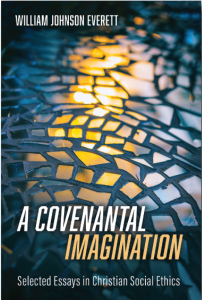
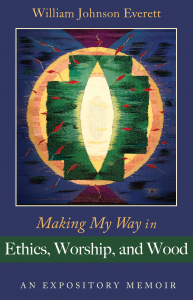
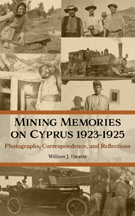
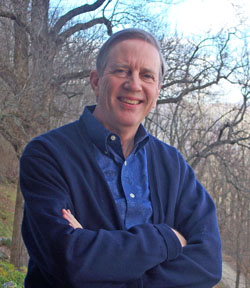
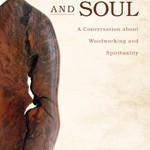
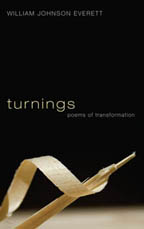
 Red Clay, Blood River
Red Clay, Blood River
Your words unite the historical and the cosmic, both sorely missing in today’s culture. We miss so much from our past, and the urgencies of the present militate against our sense of a hopeful future. Thank you for widening our consciousness far beyond the limits of our self-imposed imaginations.
The content of Satan is beyond words. Many thanks for writing out of the box. The descriptions are simply “right on” for the process of birth, life and dying in our culture.